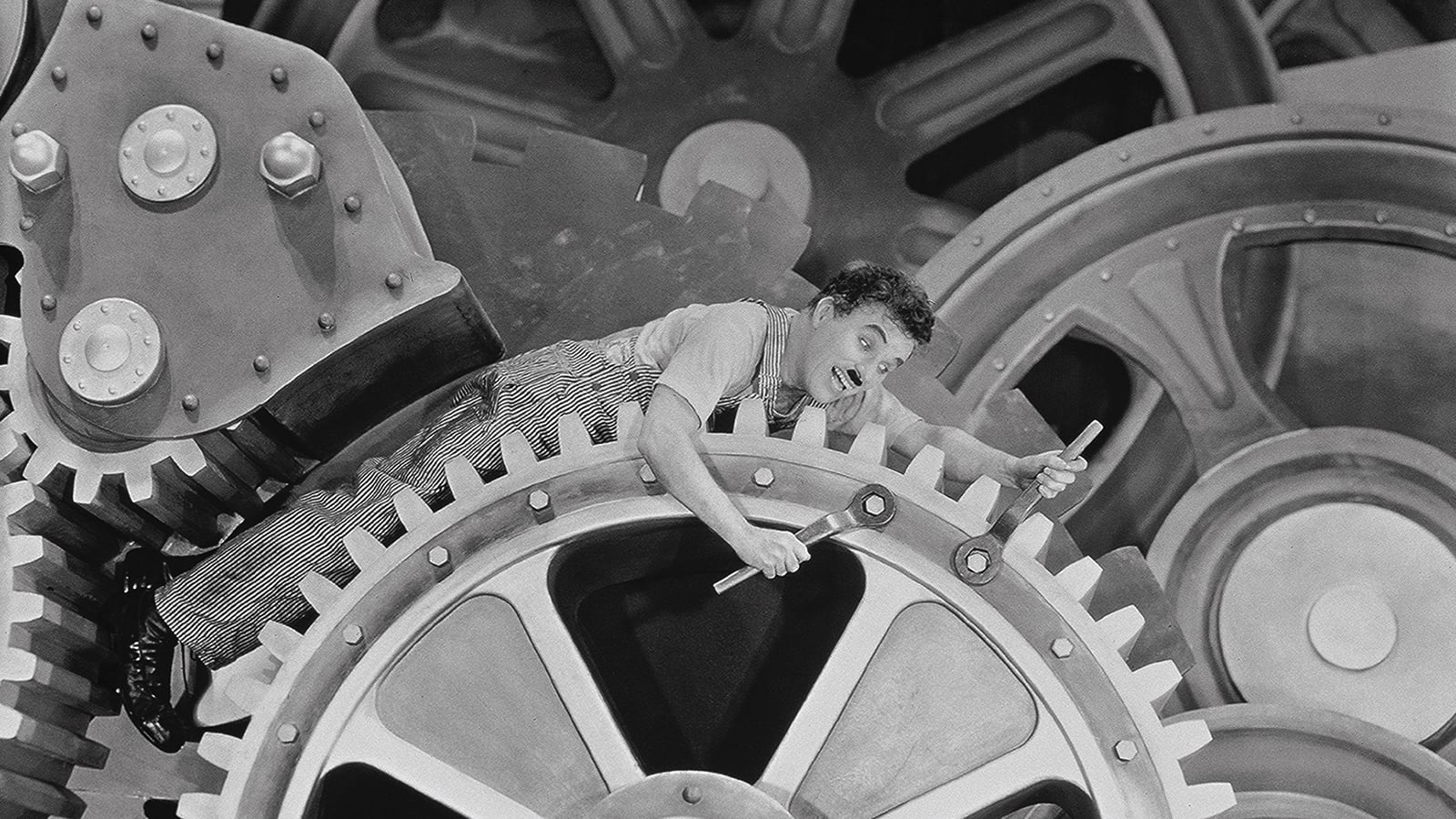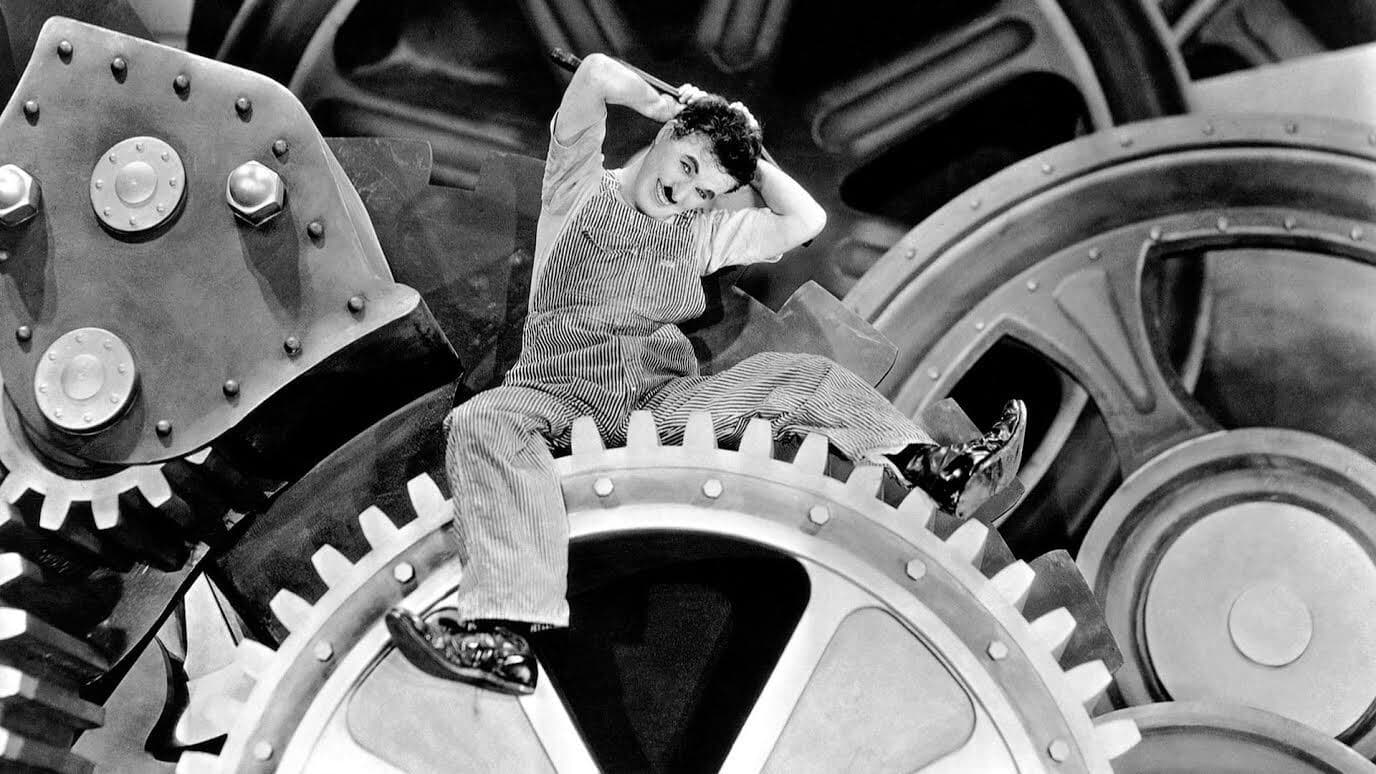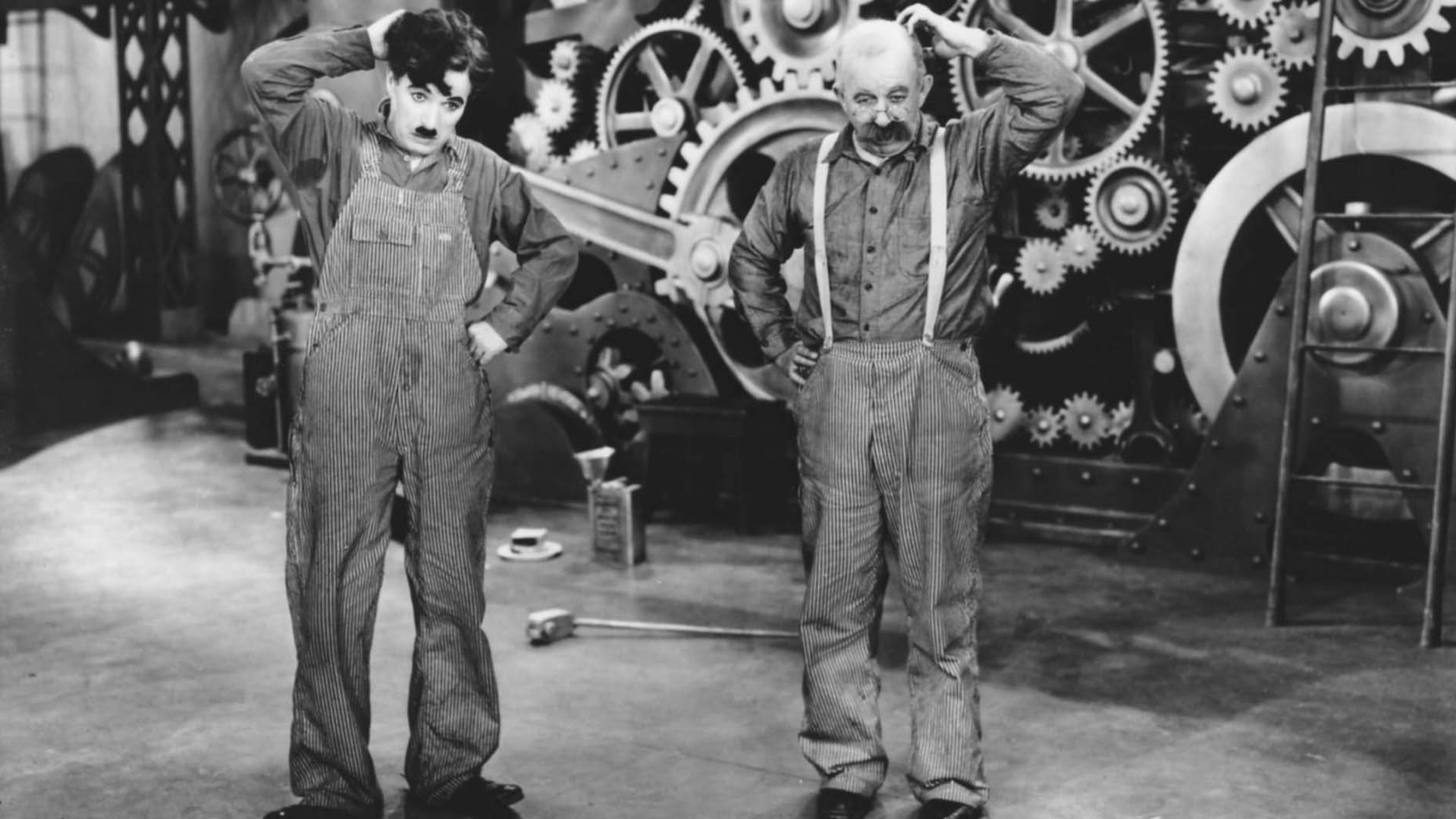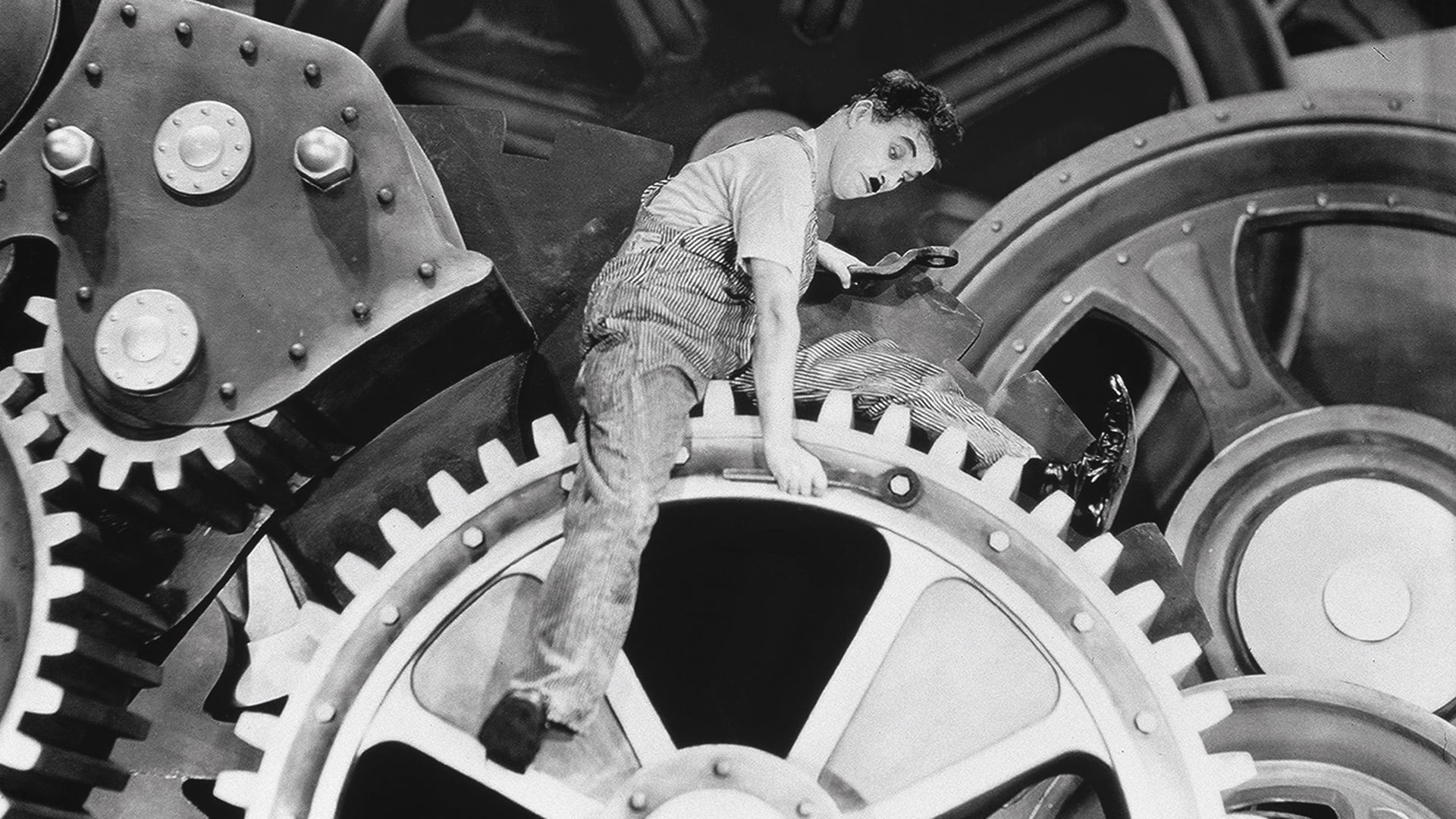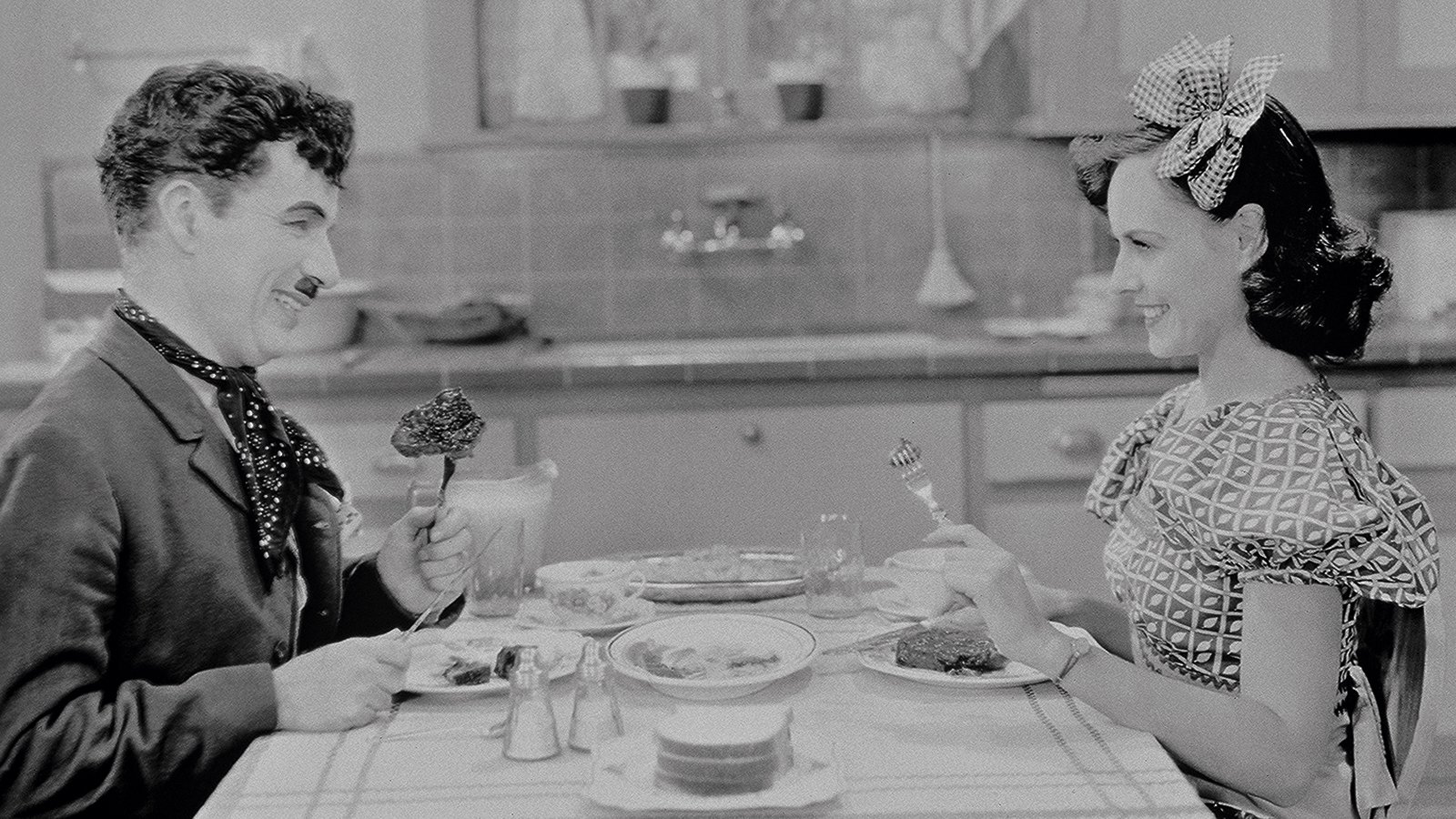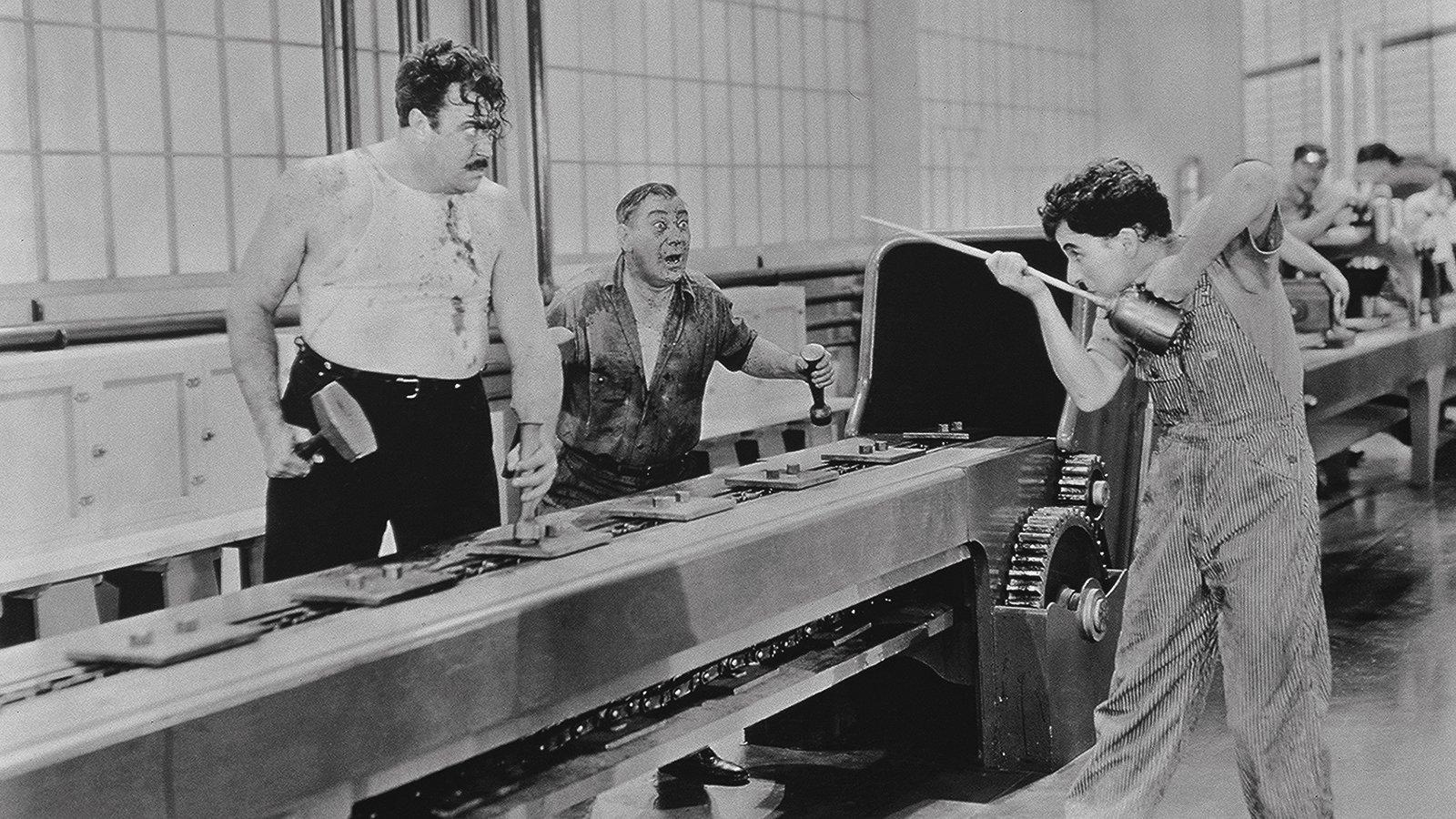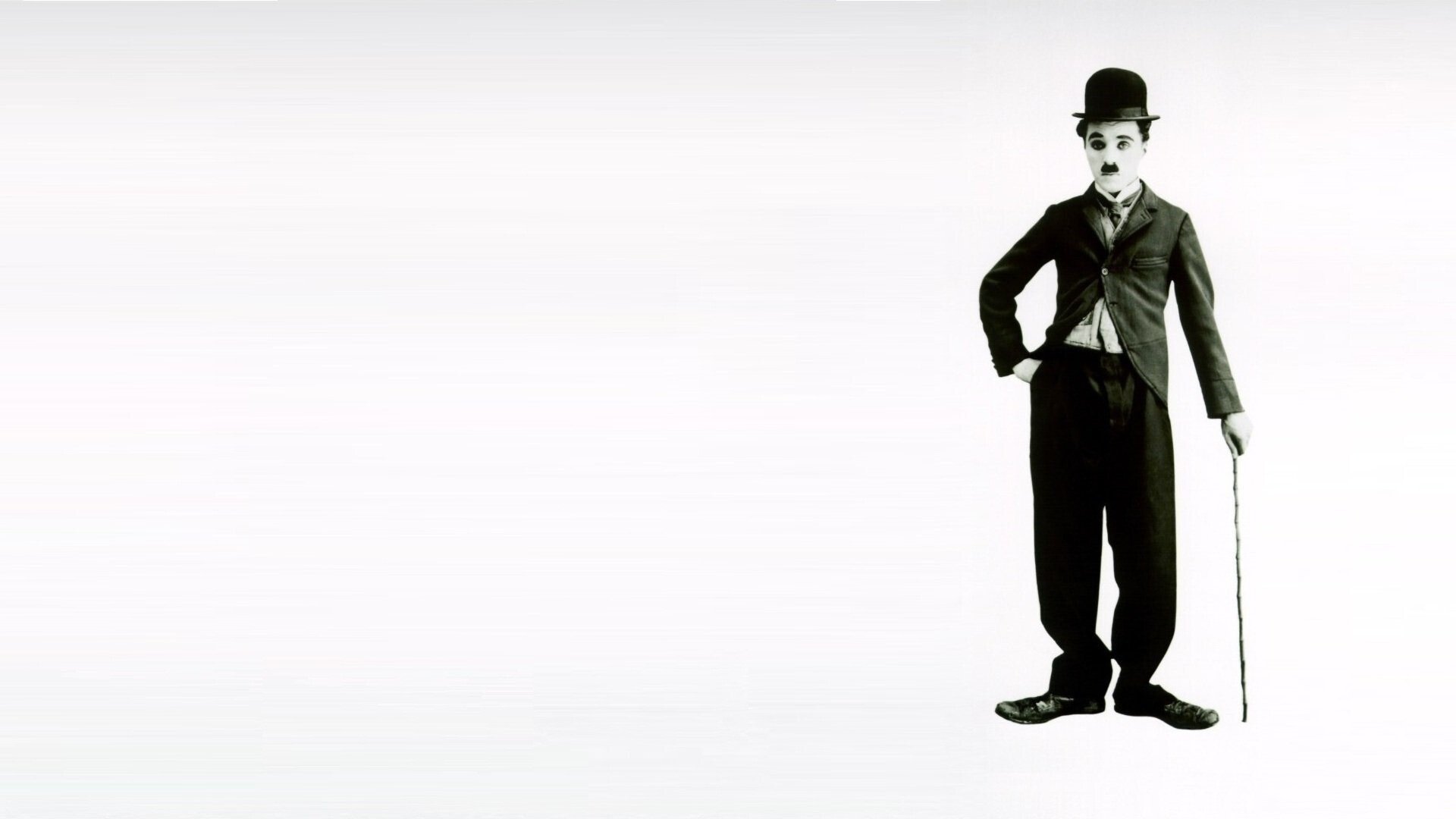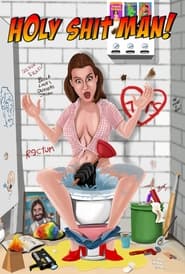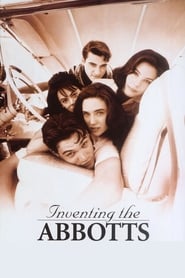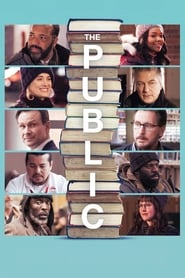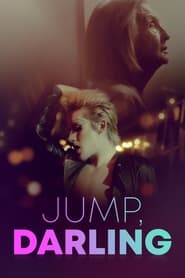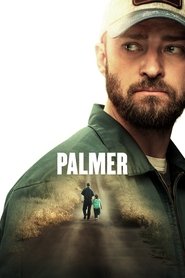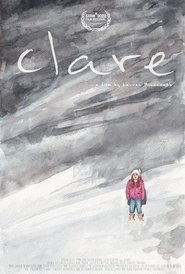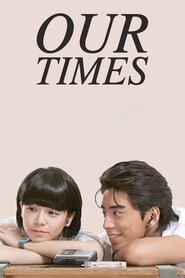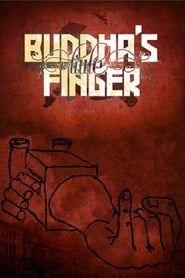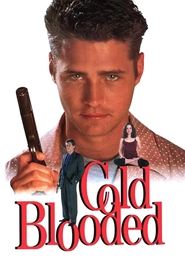
Video Sources 0 Views
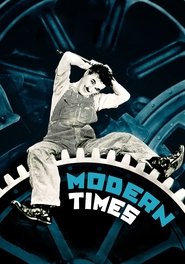
Synopsis
Watch: Modern Times 1936 123movies, Full Movie Online – Chaplin’s last ‘silent’ film, filled with sound effects, was made when everyone else was making talkies. Charlie turns against modern society, the machine age, (The use of sound in films ?) and progress. Firstly we see him frantically trying to keep up with a production line, tightening bolts. He is selected for an experiment with an automatic feeding machine, but various mishaps leads his boss to believe he has gone mad, and Charlie is sent to a mental hospital – When he gets out, he is mistaken for a communist while waving a red flag, sent to jail, foils a jailbreak, and is let out again. We follow Charlie through many more escapades before the film is out..
Plot: The Tramp struggles to live in modern industrial society with the help of a young homeless woman.
Smart Tags: #factory #actor_director_writer #music_score_composed_by_director #jail #satire #the_little_tramp_character #national_film_registry #afi #industry #silent_film #tramp #invention #modernity #1930s #dancer #gibberish #part_talkie #social_commentary #poverty #socialism #communism
Find Alternative – Modern Times 1936, Streaming Links:
123movies | FMmovies | Putlocker | GoMovies | SolarMovie | Soap2day
Ratings:
Reviews:
Really good movie from visionary and fun Charlie Chaplin in which industry literally swallows the human being.
Review By: Andres Gomez
I wonder how many people watch this nowadays and sympathise immediately with Chaplin’s unskilled worker trying to keep up with the relentless march of technology? It starts with him being an unwilling guinea pig for a gadget that appears as useful for cleaning teeth as it is for feeding him – a cunning invention which allegedly saves time, money and increases productivity… Needless to say, it’s a crock of the proverbial – but that’s just the start with these wacky, frequently absurd, ideas that sees our hapless hero expend considerable energy and quick-wittedness trying to stay one step ahead of these “advances” – oh, and of just about everyone else he encounters as he struggles, comedically, along! Meantime, a starving, homeless, orphaned woman – Paulette Goddard – is caught pinching a loaf by a rather snooty passer-by, she bumps into Chaplin on the street whist effecting her getaway, and the pair are soon in cahoots together for more engaging escapades. Chaplin is outstanding in this film – his agility, timing and visionary direction – not just of the film, but of the portents for society at large – resonates just as soundly today as when audiences started watching it 85 years ago. It swipes at modernity, but not just for the sake of it , it’s not luddite in outlook – just evaluative of what/who gets left behind – and that isn’t just the blue collar workers either… The scenes on the ice skates in the department store are a delight to watch; charm, humour and agility all rolled into one – and I love his style consuming the rum! Definitely one for a big screen, there is so much going on…
Review By: CinemaSerf
Solid comedy with great story and drama
Greetings from Lithuania.“Modern Times” (1936) is my first movie which i saw that features Charles Chaplin. Saw it first time in 2015, but nevertheless it’s a great movie. Comedy here is truly funny, and it’s not just a comedy. It tells a story, with some underlying themes that are still kinda topical till this day – technology is changing, evolving, and if you are not keeping pace with it, you will have some hard times like our hero of this movie.
Acting here is very solid, actually i was surprised of how well acted this movie was – no one overreacted. Story itself is interesting and movie is very well paced – at running time 1 h 27 min it almost never drags and is entertaining from start till finish.
Overall, “Modern Times” is a black and white silent movie (there are some sounds actually) which safely can be viewed for the first time even in 2015 – 79 years after it’s original release. It has some truly genuine comedic situations, it tells good story and pacing of picture is very solid. Maybe it is not possible to review this movie correctly now because it’s very old, but great movies are great movies – they can be viewed no matter what.
Review By: 851222
Still modern, funny and profound
It is difficult to review Chaplin’s movies objectively because many of us have seen them, or at least have heard about them, since we were young. They have become part of our emotional and/or cultural background.Chaplin is arguably the only complete director: in most of his pictures, he also produces, acts, writes the script, composes the music, does his own stunts and edits. His talent and reputation generated numerous commercial successes, even when he continued directing silent movies after their time. “Talkies” were the only films produced after 1927, the few silent attempts afterwards were failures; yet Chaplin was an exception: “City Lights” in 1931 and “Modern Times” in 1936 were sensations worldwide (the latter includes a few sounds but they are marginal). This is remarkable since nine years is an eternity in cinema timeframe. Only in 1940 did Chaplin direct a talkie.
COMEDY OR DRAMA?
Is the movie a comedy? Partly: tragi-comedy is Chaplin’s trademark. In my opinion, there are three levels of humour.
1. Pure amusement, sometimes as in slapstick: the tramp eats all he can to be sent to jail and even buys more when he is with the policeman; he is drugged in jail; the tramp and the gamin imagine their life in an idyllic house; the tramp roller-skates close to an edge in the department store (fabulous stunt); he makes a lousy waiter but a great actor at the end. Again, I am not certain how much of the fun is derived from childhood memories and/or the fact we feel younger as we watch the film. To enjoy it fully, we must lay aside some of our adult critical sense, notably towards old-fashioned cinema.
2. No humour, just drama: the gamin’s father dies; her sisters are taken away; the tramp crashes his way through the crowd to get a job (an efficient illustration of ruthless competition).
3. Amusement with a dramatic twist: these are the most frequent scenes, and probably the best. We grin even as we laugh. The movie opens on sheep moving grouped (of which a black one: an allusion to the tramp?), that fade out to workers coming out of the subway. This must have been a shock for the audience during the Great Depression. Another example is one of Chaplin’s most famous scenes ever: the tramp tries the eating machine. It is at the same time hilarious (Chaplin really gives all of himself here) and pathetic: a metaphor on ill-conceived progress, oppression of man by machine and conditions of workers obliged to comply with strange requests.
Other scenes include: the entire first part in the factory, including when the tramp is stuck in the machine (inside shot, that became iconic), which also happens to a colleague later on (outside shot); the tramp launches by mistake an unfinished ship into the sea, with footage of an actual ship that was probably sunk because of the Depression; the tramp and the gamin make most of their shabby hut.
The movie efficiently alternates these three levels of humour, as well as its rhythm. It famously starts as a whirlwind with dynamic tempo and music. And it ends like a roller-coaster: funny musical (the tramp sings), emotional (he is hired), dramatic (the police arrest the gamin), thriller (they run away as climatic music plays), melancholic (they are on the road, free but uncertain). The last image is rightfully double-edged: the tramp and the gamin walk away quietly, yet mountains ahead block their road. She looks like an elegant lady, he looks a bit like a clown with his funny walk and big shoes. We don’t know where they are going, nor do they.
MODERNITY
Hence Chaplin’s ambition was far more than to just divert. Themes depicted eighty years ago are still modern:
* Crisis, redundancies, strikes, inequalities, social unrest.
* Working conditions in factories, even though exaggerated by humour and symbols: productivity, control, burn-out.
* Technology that dehumanises: chain-working, the eating machine, video surveillance (a science-fiction element at the time). Remarkably, the only sounds of the film are coming from devices, not humans: screen, phonograph, radio.
* Success with talent, work and some luck.
* The law. The topic is prominent (the police are omnipresent) and ambiguous. Can one steal food to survive? Chaplin seems to excuse this behaviour. The tramp is on both sides of the law: he steals food but helps the police arrest villains in jail. And the police’s role is complex; notably, they shoot an unarmed man, followed by the ironic card: “The law takes charge of the orphans”.
* Violence and drugs in prison.The universal dimension of the movie shows by the fact the main characters have no name: the tramp, the gamin. Chaplin will be blamed for its social topics during the McCarthy era, among other grievances, and he will be forced to exile. Considering it now, this seems ridiculous since the message of the film is not communist: the tramp and the gamin want everything but change society; they search for a job, a home and respect. Note also Lincoln’s portrait in the tramp’s cell: he is a patriot.
The movie does not take sides:
* Workers can be friendly or violent.
* Policemen can be friendly (e.g. in jail) or violent (one purposelessly pushes the tramp outside the factory).
* Prison inmates can be honest (the tramp) or villains.
* Women can be attractive (the gamin) or not (all others, actually).This double-sidedness also divides individuals:
* Big Bill was bullying the tramp in the factory, but later sympathises with him.
* The gamin steals and then becomes settled.
* The tramp will do anything to protect the ones he loves (the gamin, children), but can abuse almost anybody else to achieve it: a recurrent feature in Chaplin’s pictures.
The underlying message seems to be: people are not good or bad, it mainly depends on their conditions. Yet another modern theme.
Review By: Teyss
Other Information:
Original Title Modern Times
Release Date 1936-02-05
Release Year 1936
Original Language en
Runtime 1 hr 27 min (87 min)
Budget 1500000
Revenue 0
Status Released
Rated G
Genre Comedy, Drama, Romance
Director Charles Chaplin
Writer Charles Chaplin
Actors Charles Chaplin, Paulette Goddard, Henry Bergman
Country United States
Awards 4 wins & 1 nomination
Production Company N/A
Website N/A
Technical Information:
Sound Mix Mono (Western Electric Noiseless Recording Sound System), Silent
Aspect Ratio 1.37 : 1
Camera N/A
Laboratory N/A
Film Length (10 reels), 2,321 m
Negative Format 35 mm
Cinematographic Process Spherical
Printed Film Format Digital (Digital Cinema Package DCP), 35 mm
Original title Modern Times
TMDb Rating 8.32 3,111 votes
Director
Director


